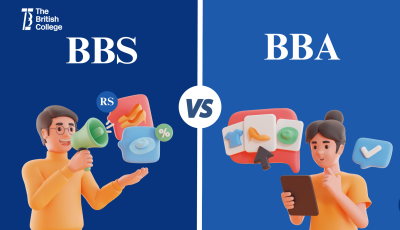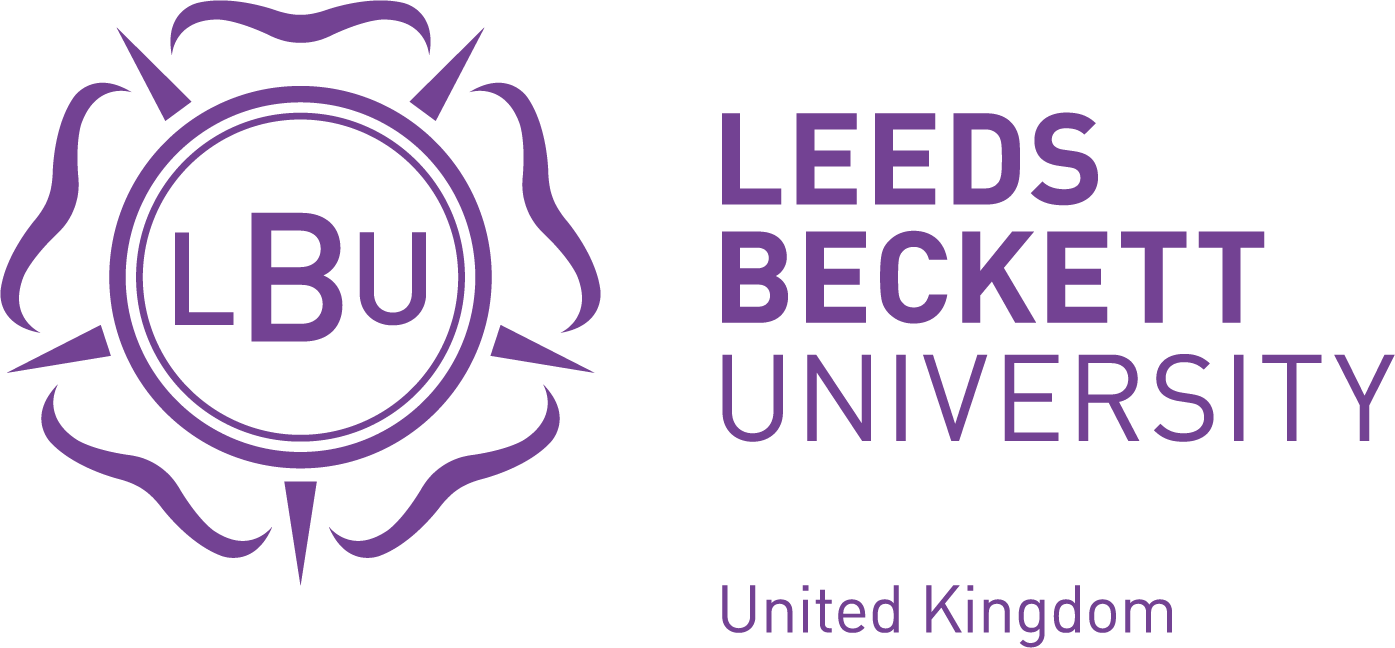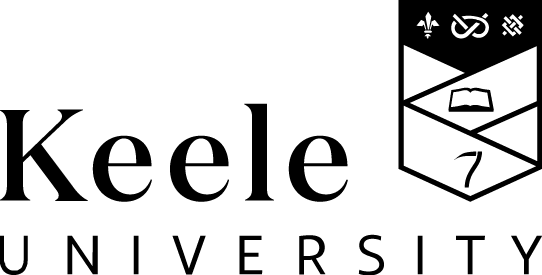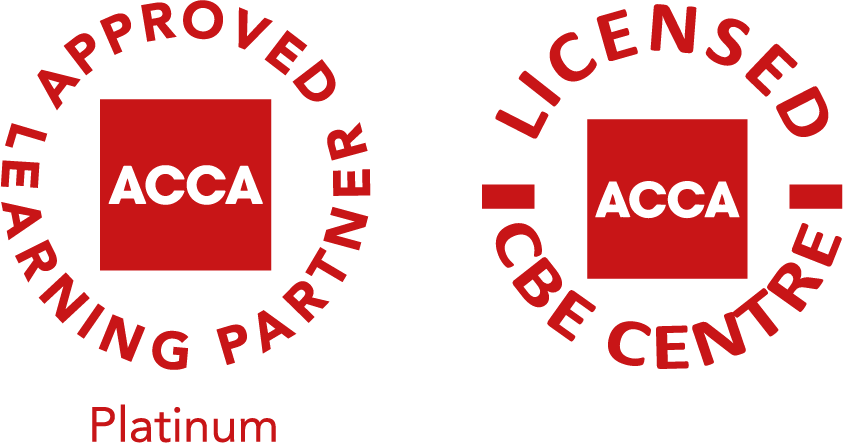Which is better? The MBA or the EMBA?

Which is better? The MBA or the EMBA?
The Graduate Masters of Business and Administration (MBA) and the Executive Master of Business Administration (EMBA) are two of the most popular business courses across the globe.
The term ‘Executive’ however, can often be misleading and allow people to think that the EMBA is a higher level than the MBA - whereas in fact the two courses are equal in merit and value, they just differ in content and delivery. Therefore, there is no clear answer to the very commonly asked question, ‘Which is better?’ However, they do both have advantages in different fields.
So, we have laid out the key differences for you, so that you can understand which one ‘is better’ specifically for you - and help you to make the right decision.
Course Content and Aims
The MBA is a career-oriented programme with the primary aim of providing postgraduate level knowledge, understanding, and skills that prepare students for a career in business and management. It develops students' management and leadership style, teaches them how to apply academic theories to real-life business issues and equips them with the analysis and communication skills needed to work in the world of business.
The EMBA is similar, however it is a career development programme that is aimed specifically at experienced business professionals. It teaches students how to develop and transform their leadership skills and managerial style, whilst equipping them for future challenges and helping them to specialise in their chosen field of business.
Course Suitability
The EMBA is designed for typically older and more experienced students who wish to qualify that experience and use it to progress within their current field. The MBA however is better suited to applicants looking to change their career and enter into a new field of work - and as such is usually more popular with younger and less experienced applicants.
Course Requirements
With this in mind, EMBA applicants are assessed on their experience and therefore, providing they have a bachelor's degree, applicants are not required to take entrance exams. They are however expected to have extensive work experience and the appropriate business knowledge that comes with it. For the MBA however, far less experience within a business field is required, but essays and entrance exams can be expected.
Qualification Length
Both qualifications usually take one year to complete on a full time basis. However, whereas the MBA is more commonly taken on a full time basis, the EMBA is designed with working professionals in mind and is usually taken on a part time basis. This allows students to continue their work whilst studying in the evenings and at weekends.
Study Style
Due to the EMBA being studied on a more part time basis, and the MBA on a full time basis - the style of study can differ a little. EMBA students for instance have fewer options and have more focused intense study. MBA students however are traditionally given the freedom to specialise in a range of topics as they are finding their field in the business world.
Student Experience
Due to the EMBA being a part time, professionally focussed course targeted at older applicants - and the MBA being a full time course typically preferred by younger and less experienced applicants - there is a clear difference in the type of student experience you can expect from both courses. MBA students can expect a more immersive experience - often living on or near campus and getting involved with all of the social aspects of university life. For EMBA students however who are often working full time, this experience is about networking to build contacts.
Fees and Support
If you are in full time work, there is a possibility that your work will pay for you to complete the EMBA as it could be a benefit to their company. This option is less likely for MBA students, although, as with all postgraduate courses there are a wide range of scholarships available - and if you are not working full time, you stand a higher chance of being eligible.
So remember, is it not about which is better, but rather - which is better for you. And if you are still not sure, then why not get in touch? The British College has highly experienced faculty teaching both the MBA and EMBA - who are always happy to help answer your questions.










